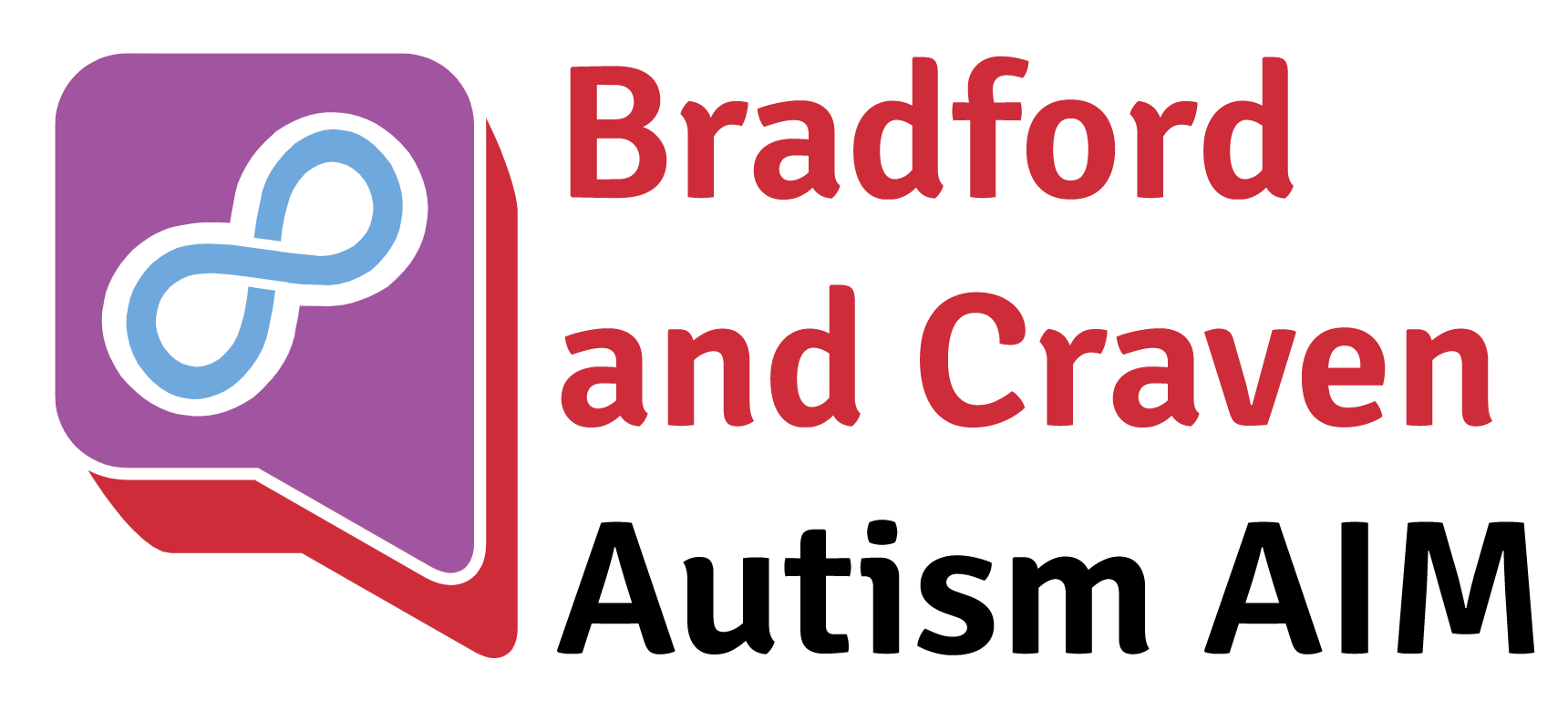For Advocacy Awareness Week 2025 (13th-17th October), we are looking at how our peer-led groups stand alongside autistic adults who attend them.
Going back to 2017, we have run at least one regular peer-led group once a month. The groups aim to provide autistic adults accessing our service with a place to be themselves, meet other autistic adults, create autistic community space and give them a place to share experiences.
Today, across the whole AIM service, we run five group sessions a month:
- Online Autistic Mental Health Peer Support Groups – one for Leeds and the other for Bradford and Craven
- An In-person Autistic Mental Health Peer Support Group for Leeds
- Our Women-Aligned Group for Autistic Women and Non-Binary people in Leeds
- Our General Peer Support Group for Autistic Adults in Leeds
All the groups above are facilitated by autistic members of our staff team, but how do they stand alongside group participants?
Lived experience
Having autistic facilitators can help group members to feel more comfortable with contributing to conversations. Our groups being led by autistic staff with lived experience means the facilitators themselves can often add to what’s being discussed e.g. when talking about barriers faced to accessing services or support.
Facilitators also create a safe space for people to unmask by modelling their own needs, such as stimming and advocating for attendees needs to be met and accommodated properly. For example, checking lighting preferences, providing a quiet space, and ensuring chat participation is supported online.
Group facilitators are there to support the members, knowing they are not alone in their autistic experience and addressing the systemic barriers we face together, collectively.
They do this through passing on information, sharing their own experiences, workshopping resources and, if needed, extra one-to-one time at the end of group sessions for members in case of any concerns.
Autistic people attending our groups can also find community that may otherwise be missing in their social circles. For example, having a space to discuss autistic parenting mental health needs and supporting the co-production of resources with group members lived experiences e.g. discussion on sensory needs and breast/chest-feeding support.
Empowerment
In all the groups, members often empower each other by showing their support and sharing coping strategies that have helped them during difficult times. This helps to make our groups feel like a safe, welcoming space where there is no pressure to hide autistic traits or people feel able to disclose complex emotions and feelings.
In one instance, the group shared thoughts on grief and alexithymia, and how autistic people can have delayed or different presentations of grief after loss. We discussed what we can do to meet grieving autistic needs, adjustments and boundaries, as well as coping strategies to address neurodivergent processing of loss.
Empowerment also comes from providing useful information on local and national services and support available. From sharing links to hosting joint sessions, such as our PIP talk at Yorkshire MESMAC’s Neuro-Queer Group in Bradford and exploring our many self-advocacy resources.
These can help the autistic adults we work with to self-advocate for their rights and adjustments, and to know the next steps to make their lives better.
Our autism-specific support groups are available to autistic adults in Leeds, Bradford and Craven. Whether you want to travel to see us in-person or feel more comfortable joining us via Zoom, we will be there to support and listen to your experiences.
